
Ever notice how truly healthy people shop like they’re dodging half the grocery aisle? Their carts look suspiciously simple—fresh produce, whole grains, and not much else. Turns out, skipping certain “everyday” foods is their real secret. Curious what they’re avoiding? Grab your list—your pantry might be due for a quiet makeover.
Deep-Fried Foods

A consistently healthy kitchen doesn’t require a deep fryer for regular meals. Individuals prioritising long-term wellness cook whole ingredients using gentle preparation methods like steaming, light sauteing with quality oil, or boiling. Frying introduces substantial unnecessary fat, which converts nutritious food into something heavy and incompatible with sustained health.
Sugary Soft Drinks

The vision of a genuinely healthy individual drinking soda is a contradiction. People dedicated to wellness choose fundamental hydration with pure water and sometimes traditional herbal teas. These high-sugar, fizzy beverages supply zero nutritional value. That instant, artificial sugar rush also undermines a diet designed for enduring energy.
Refined White Bread
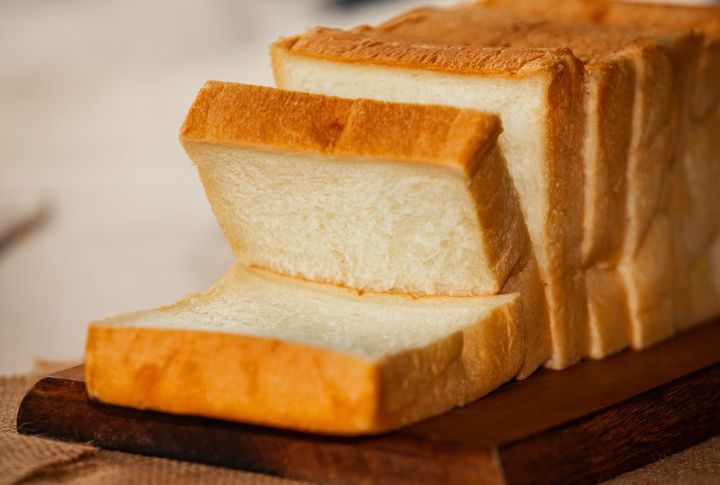
Health-conscious individuals understood a key nutritional principle long before it became widespread science: not all breads are created equally. They completely bypass refined white bread and prefer traditional, whole-grain loaves. These breads provide vital fiber and nutrients essential for stable energy and comprehensive bodily support.
Artificial Sweeteners
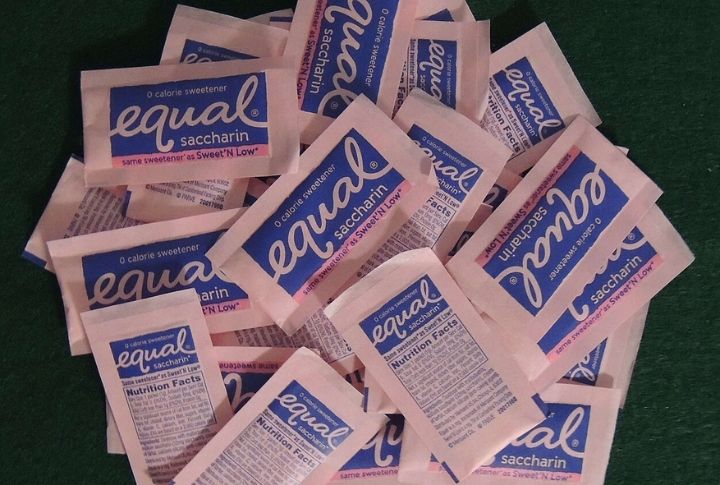
Small, colorful packets of chemical sweeteners do not belong in a truly clean eating routine. Healthy people permit natural food sweetness to define the flavor profile, as longevity is not found in those manufactured chemical compounds. The most effective rule focuses on minimal ingredients and trusting the natural taste.
Packaged Snack Chips
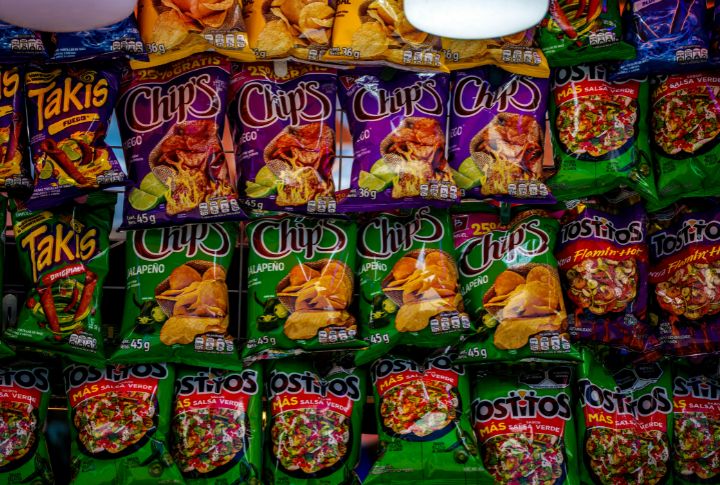
If a quick bite is needed, the choice is whole foods—fresh nuts, natural seeds, or raw vegetables. Snack chips contribute high levels of sodium and detrimental fats, delivering fleeting satisfaction without substantive nutrition. You will not find such ultra-processed, commercially prepared snack foods in a diet-conscious pantry.
Margarine With Hydrogenated Oils

Selecting superior fat sources is a cornerstone of smart eating. This is because margarines containing hydrogenated oils are a chemical construct that healthy people avoid entirely. Their preference is for traditional, natural fats, such as pure olive oil. It also reflects a deeper commitment to ancestral, minimally processed nourishment.
Processed Meats

Processed meats such as sausage and pepperoni are avoided entirely due to their high sodium content and industrial preservatives. A health-focused diet emphasises plants, including vegetables, whole grains, and legumes. Fresh, minimally processed meat may appear occasionally, perhaps a few times each month, and only in modest portions.
Instant Noodles

The convenience of instant noodles often overshadows their nutritional cost. Processing removes fiber and essential vitamins, leaving an empty starch coated in oil. Integrating fresh produce and whole grains restores balance. These ingredients offer steady energy release while supporting digestion and long-term wellness.
Canned Meats
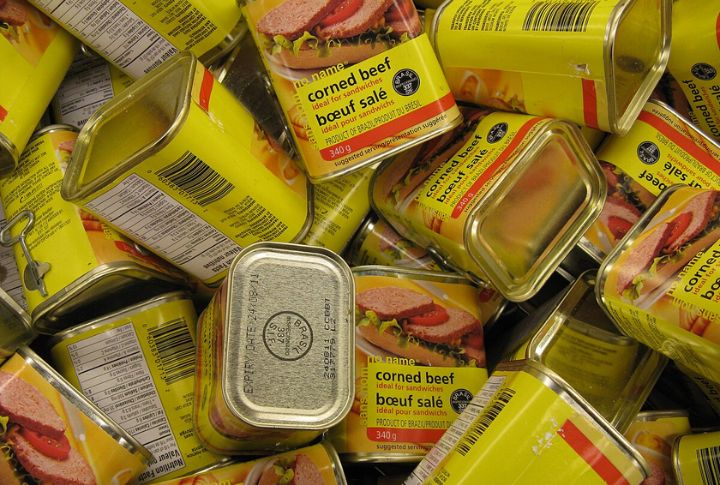
Canned meats are stabilised by substantial amounts of sodium and chemical preservatives while maintaining an exceptionally long shelf life. Anyone adhering to a fresh, clean diet quickly recognises that these industrial additives are unnecessary. They prioritise fresh food preparation because convenience should never supersede the necessity of real nourishment.
Sweet Breakfast Cereals
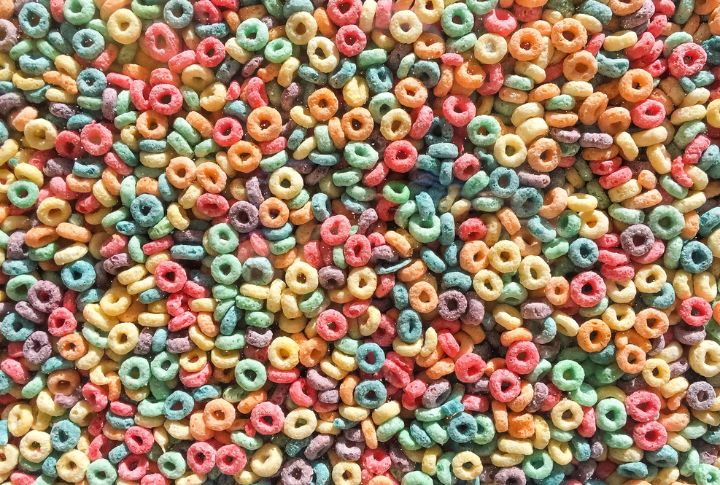
The first meal of the day must offer sustained fuel, not resemble a dessert course. Many commercial cereals contain excessive sugar. Health-focused people take a different approach and begin their day with simple choices like plain whole-grain porridges, eggs, or vegetables. The idea is to keep the morning meal traditional and genuinely sustaining.
Cream-Based Sauces

Creamy sauces feel comforting until they start weighing you down. A lighter approach still satisfies. Use fresh herbs and vegetables that slowly release flavor as they cook. The sauce thickens naturally, giving depth without that heavy aftertaste.
Processed Cheese Slices
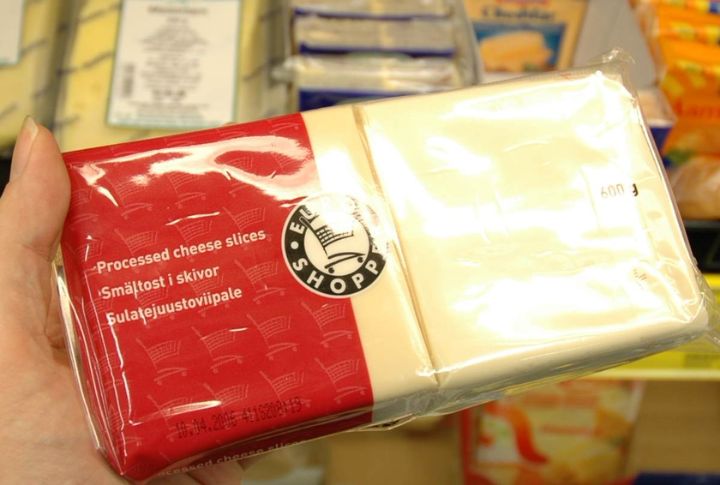
A refrigerator belonging to a health-aware individual will not contain individually wrapped, highly manufactured cheese squares. Dairy consumption, if present, involves fresh, minimally processed varieties and occurs in moderation. In fact, many healthy cultures focus on local, plant-based foods, often excluding cheese altogether.
Energy Drinks

When energy levels decline, the solution should not be a chemically engineered, manufactured buzz. Individuals sustaining high vitality rely on fundamental sources: clean water and a simple or a strong cup of black coffee. Nature provides the original and most reliable energy boosters, without the synthetic additions.
Store-Bought Pastries

While attractively displayed, these commercial pastries combine refined flour, copious added sugars, and unhealthy fats. Therefore, they lack a place in a sustainable, healthy routine. People who live well prepare desserts simply at home, focusing on fruit, whole grains, and quality nuts.
Frozen Breaded Meats

Pre-breaded frozen meats trade freshness for convenience, loading each bite with unnecessary additives and excess salt. Health-conscious cooks steer clear of chemically altered products and prefer simple, classic preparations using fresh cuts. Better taste and health benefits come from emphasising natural, unprocessed ingredients over convenience foods.
Condensed Milk

Condensed milk is rarely found in a health-focused pantry. Despite its shelf stability, it’s heavily processed and loaded with sugar—often linked to rapid fat gain. Wellness-minded individuals prefer fresh dairy or natural plant-based options and steer clear of concentrated sugars and industrial additives. Their choices reflect a commitment to long-term health and balanced nutrition.
Processed Peanut Butter With Added Sugar/Oils
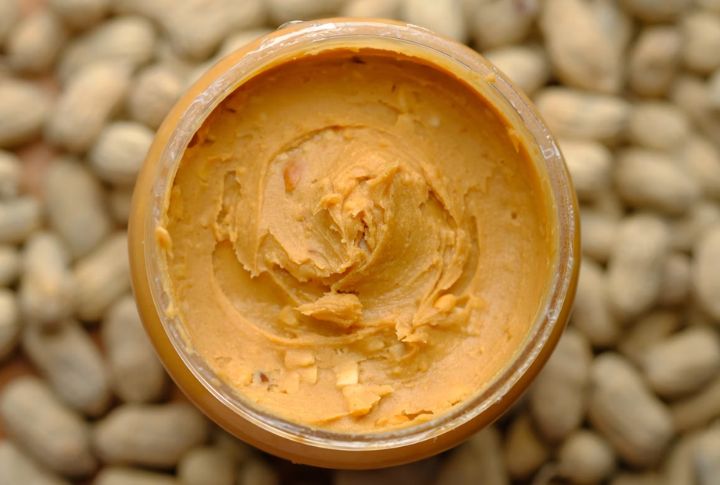
Many processed peanut butter labels claim health benefits, yet they contain unnecessary added sugar and oils. Those committed to clean eating skip these sweetened spreads entirely. They choose products made solely from peanuts and maybe a touch of salt, knowing that whole nuts deliver cleaner, more complete nutrition.
Commercial Salad Dressings
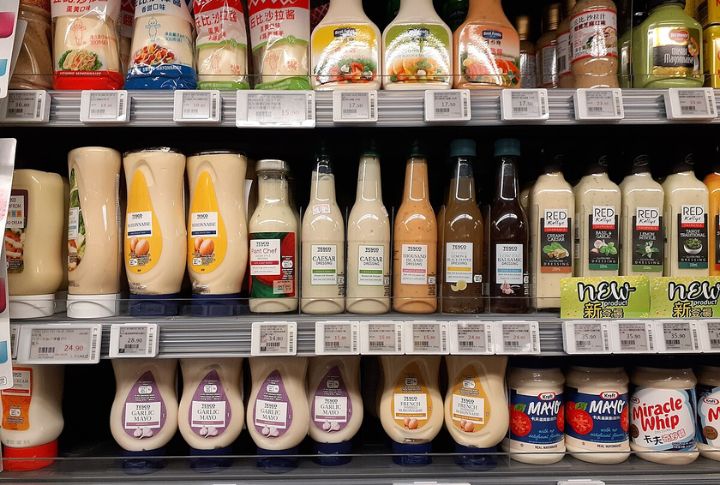
Bottled dressings mostly rely on shelf-stable emulsifiers and synthetic flavor enhancers that overpower vegetables rather than complement them. Homemade blends, built from real fats and natural acids, maintain the salad’s nutritional integrity while avoiding unnecessary chemical agents. The payoff is a cleaner flavor and lighter digestion.
Refined White Rice
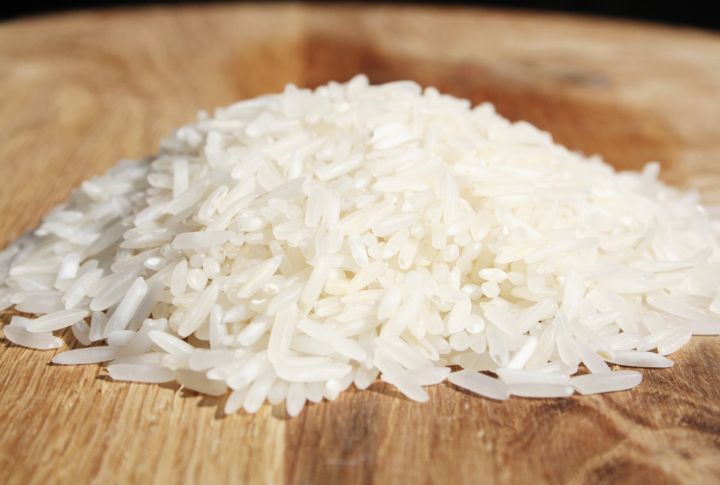
A key indicator of dietary quality is grain selection: one should always prioritise whole grain choices over refined white rice. Processing removes the bran and germ, but it also eliminates essential fibre and nutrients. Traditional staples such as sweet potatoes or millet demonstrate how whole foods consistently deliver greater and longer-lasting nourishment.
Powdered Drink Mixes

Those small packets promise instant flavor and color, but deliver mostly artificial ingredients and chemical sweeteners. You will find no powdered mixes in the kitchens of people who maintain high vitality. They depend on basic, natural beverages—water, or freshly pulped juice—for clean, effective hydration.

